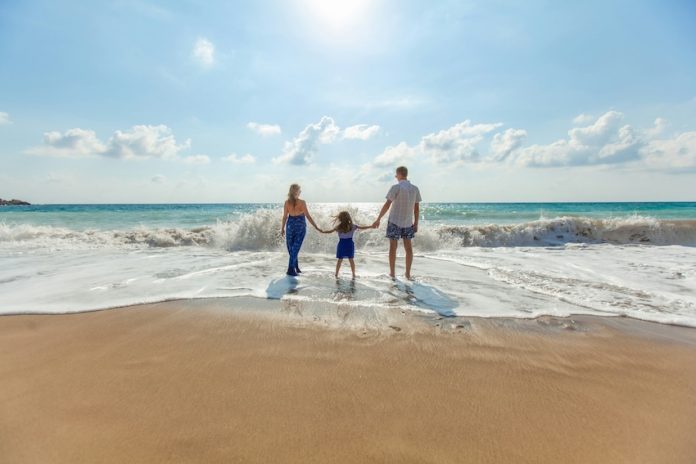How safe is Mexico? I’ll see your question and raise you one: How safe is your country?
When I first came to Mexico over 20 years ago, people would often ask me things like “Are you sure it’s safe there?” The implication, of course, was that it wasn’t, and that I was a dummy for moving here.

Nowadays, it doesn’t come up nearly as much. While there’s been quite a bit of violence in Mexico since then, most of it has not been unleashed on tourists. Meanwhile, in my home country, the United States, mass shootings have become horrifyingly common. “Are you scared, going back there?” is now a question I get from Mexicans.
And the answer, I’m sad to say, is yes. You can avoid known narco-infested communities. Avoiding mentally anguished people with easy access to weapons is another story.
Say what you will about Mexico’s security issues. There are plenty of bad guys with guns, it’s true, but they’re worker bees with an agenda. Average citizens looking to hurt members of the general public are mostly absent.
And yet.
The right questions
The better question, in fact, is a different one: What is safe to do in Mexico, and what is not?
With that second, better question in mind, let’s dive in!
What’s not safe
Most of the items below, if you ask me, should be obvious. Still, there are plenty of people who seem to think they have some kind of magic shield. But remember, my friends: vacation does not protect you from harm.
So beware of the following activities:
Trying to buy illegal drugs
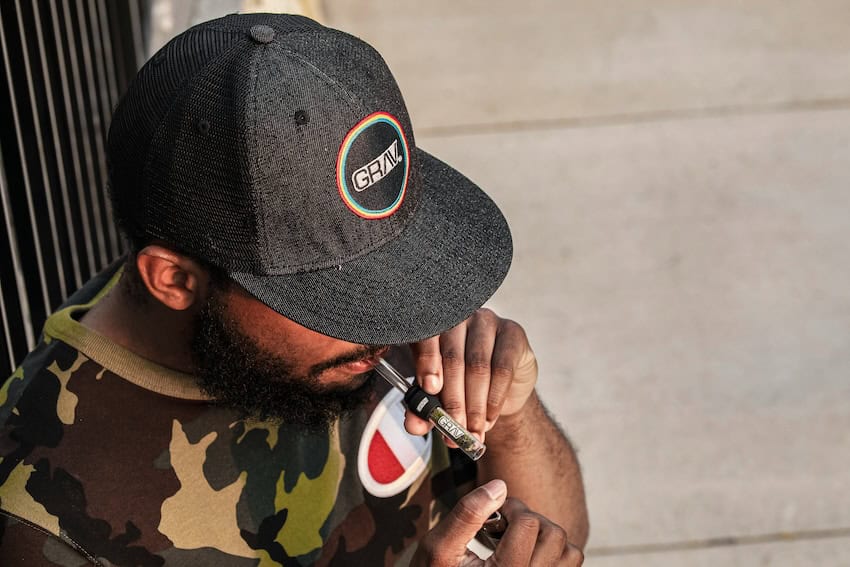
This should be a given, right? First, trying to procure drugs will likely put you into contact with certain kinds of people whose radar you do not want to be on. Trust me.
Then there’s the risk of getting caught. Think the police around here will be happy to let you go? True, it’s possible you could buy them off with a bribe, but why take the risk? I don’t know you personally, but I do know that prison in Mexico ain’t the place for you.
Driving on routes known to be patrolled by narcos
Look, it’s not easy to bring your car here anyway, okay? Unless you’re hopping right over the border, come by plane. Use the country’s excellent bus and taxi system while you get your bearings. Once you’re settled in, you can buy a car if you want to.
The main point is this: your status as a foreigner will not protect you. If you get off with “only” a bribe (which would likely be extra high for you), consider yourself lucky.
Taking part in political protests
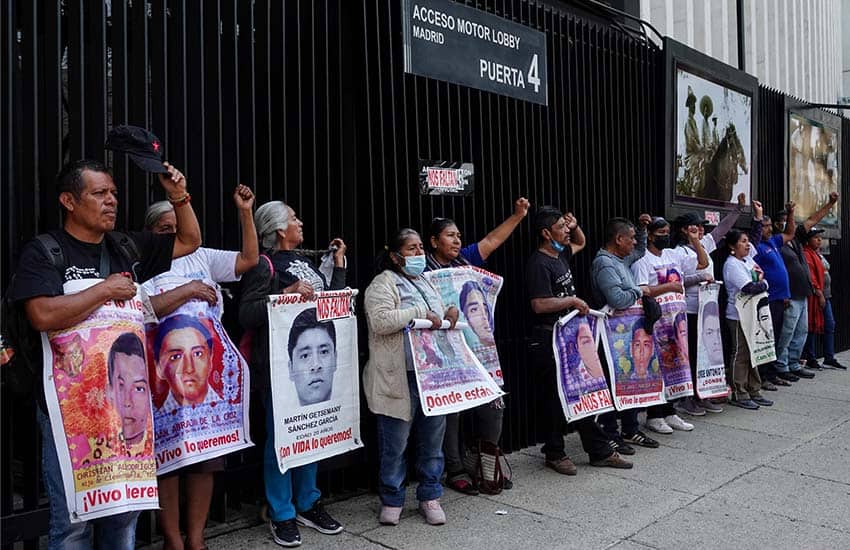
There are quite a few activist types that come to Mexico. I get it! I’m one of them.
But there’s something you need to remember. Political “meddling” — that’s the actual wording — by foreigners is prohibited by the Constitution. That includes political protests, so be smart and sit out. There are enough Mexicans to fight for whatever cause you find dear, I promise.
Accepting blame for an accident right away
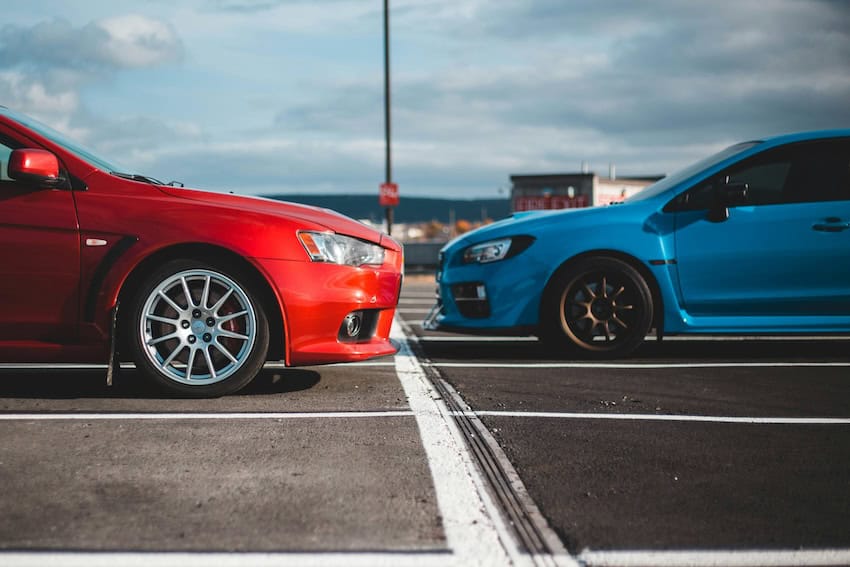
Many of us hail from countries where, if something happens, there’s a reasonable expectation of fairness and justice.
Not so in Mexico. In fact, you might notice that legal fees are covered by most vehicle insurance policies here.
When there’s a car accident here, your insurance agency should be the first number you dial. Don’t be surprised if the other party immediately calls various friends and family members to go. Strength — and intimidation — in numbers!
If you accept blame immediately, you are essentially accepting to pay for everything. Legal action is also a possibility, so zip it. Yes, make sure everyone is all right. But do not apologize to anyone; let the insurance adjuster be the one to determine what happened.
Trusting that anyone has your best interest at heart
This sounds cold, I know. And hey, most people are trustworthy. But there will always be people pushing to see how much they can get out of overly-trusting dummies.
So get deals in writing, and do not prepay for any service if you can help it. If materials need to be bought, for example, buy them yourself!
You are not street smart here. You are street-idiotic. That’s not to insult you, but to remind you to accept that in a foreign country you’ll be clueless a lot of the time.
Tips for staying safe
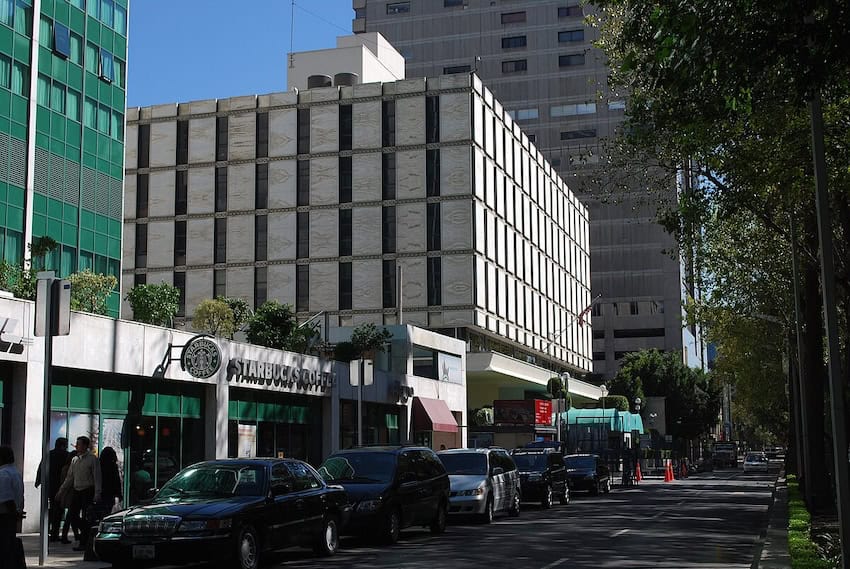
But not all is lost. Knowing that you are in a place where the system is not necessarily on your side, there are some precautions you can take.
Keep your home country embassy’s emergency number on your phone. Your embassy exists, at least in part, to support you. If you get stopped by a uniformed officer, tell them you need to inform your embassy of the situation. Asking for ID is normal; attempting to detain you without reason is not.
Technically, you should also be carrying around your passport and ID card. To be honest, this is not something I do, though I do have clear pictures of both stored on my phone.
But about the number: a friend of mine got out of a scary car accident situation with that call. I personally had bogus claims against me withdrawn when I said I’d need to seek counsel from my embassy. The embassy did not care at all, but the other person didn’t know that. Keep them around! The idea of a foreign embassy getting involved is usually enough of a deterrence if people’s intentions are not 100% pure.
If you’re at a resort or on a packaged tour, don’t stray. Stay with the group. Tourists — especially those who don’t speak Spanish — make for easy prey. Again, most people, like everywhere, are okay. But not speaking the language or understanding the culture makes it easier for the unscrupulous ones to find you.
Mexico isn’t necessarily a scarier place than others. But so many heavenly features can make you forget to keep your guard up. Be safe out there!
Sarah DeVries is a writer and translator based in Xalapa, Veracruz. She can be reached through her website, sarahedevries.substack.com.
